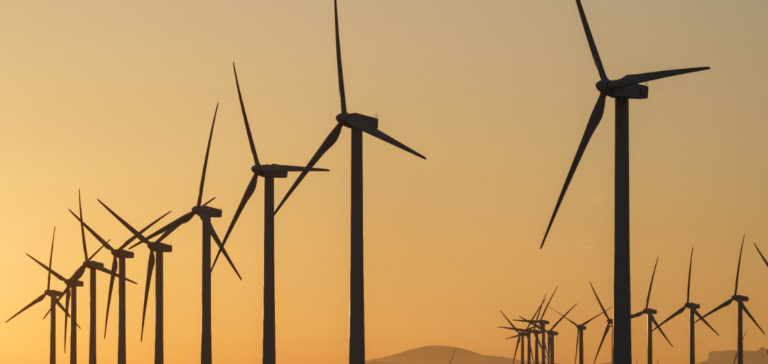The Paris judicial court has validated the payment of a 13.373 million euro fine by Seves group and its subsidiary Sediver for bribery of foreign public officials in several African countries. This sanction follows a public interest judicial agreement (Convention judiciaire d’intérêt public – Cjip) signed with the National Financial Prosecutor’s Office (Parquet national financier – PNF).
Compliance Program and Implications
In addition to the fine, the Cjip provides for a three-year compliance program supervised by the French Anti-Corruption Agency (Afa). This agreement underlines the importance of compliance and ethics in international business practices.
Consequences of Corruption on Sediver
Corruption has severely affected Sediver, causing its sales to plummet and coming close to bankruptcy in 2015. Seves and Sediver’s lawyer, Antonin Lévy, stressed that corruption had led the company to ruin.
Preliminary Survey and Revelations
A preliminary investigation revealed suspicious email exchanges in 2010 between a Fichtner consulting engineer and Sediver employees, indicating manipulation of the tender to favor Sediver.
Modus Operandi and Scope of Corruption
Prosecutor Sébastien de la Touanne outlined Sediver’s modus operandi, involving commission payments via intermediary companies to influence contracts in the DRC, Algeria, Libya and Nigeria.
Evaluation and Balance of the Convention
The agreement was deemed balanced by the prosecutor, taking into account the breaches, the benefits derived, the company’s cooperation and the World Bank’s compensation.
Actions de Sediver Post-Scandale
Since its acquisition by a new shareholder in 2015, Sediver has undertaken compliance and remediation measures, investing significantly in compliance to turn around its situation.
The Seves and Sediver affair underlines the need for rigorous and ethical corporate governance, particularly in international operations. Far from being a lever for development, corruption can have disastrous consequences for businesses.





















